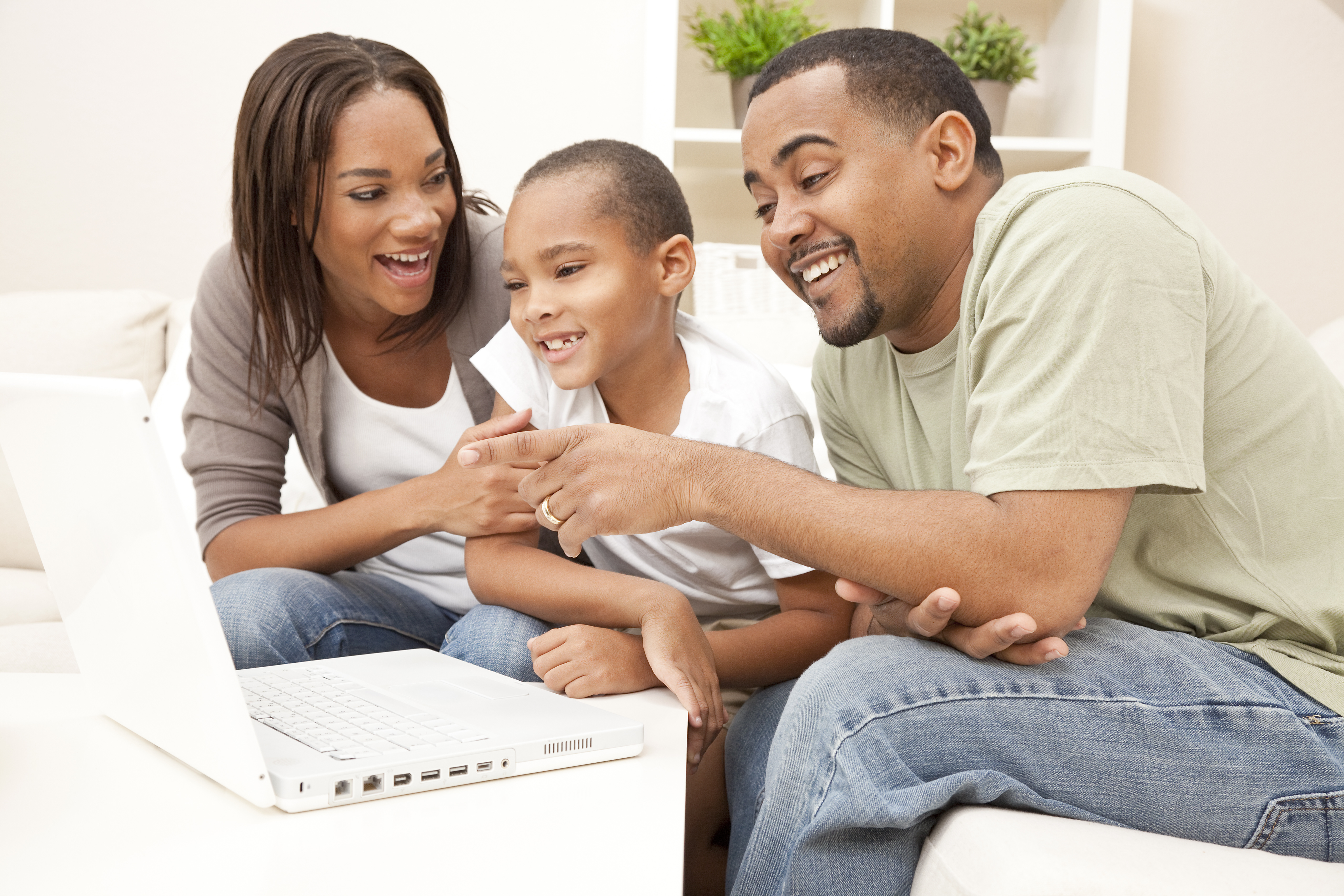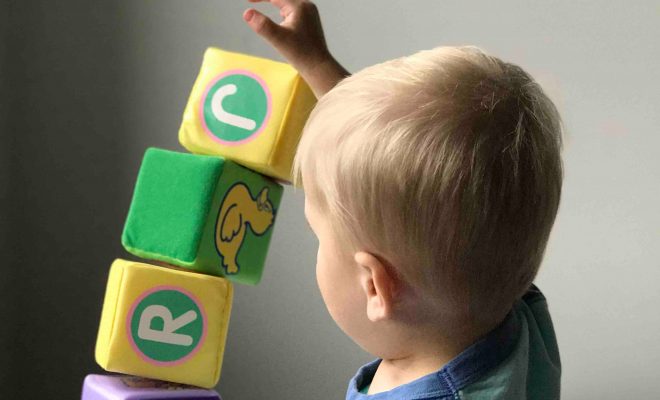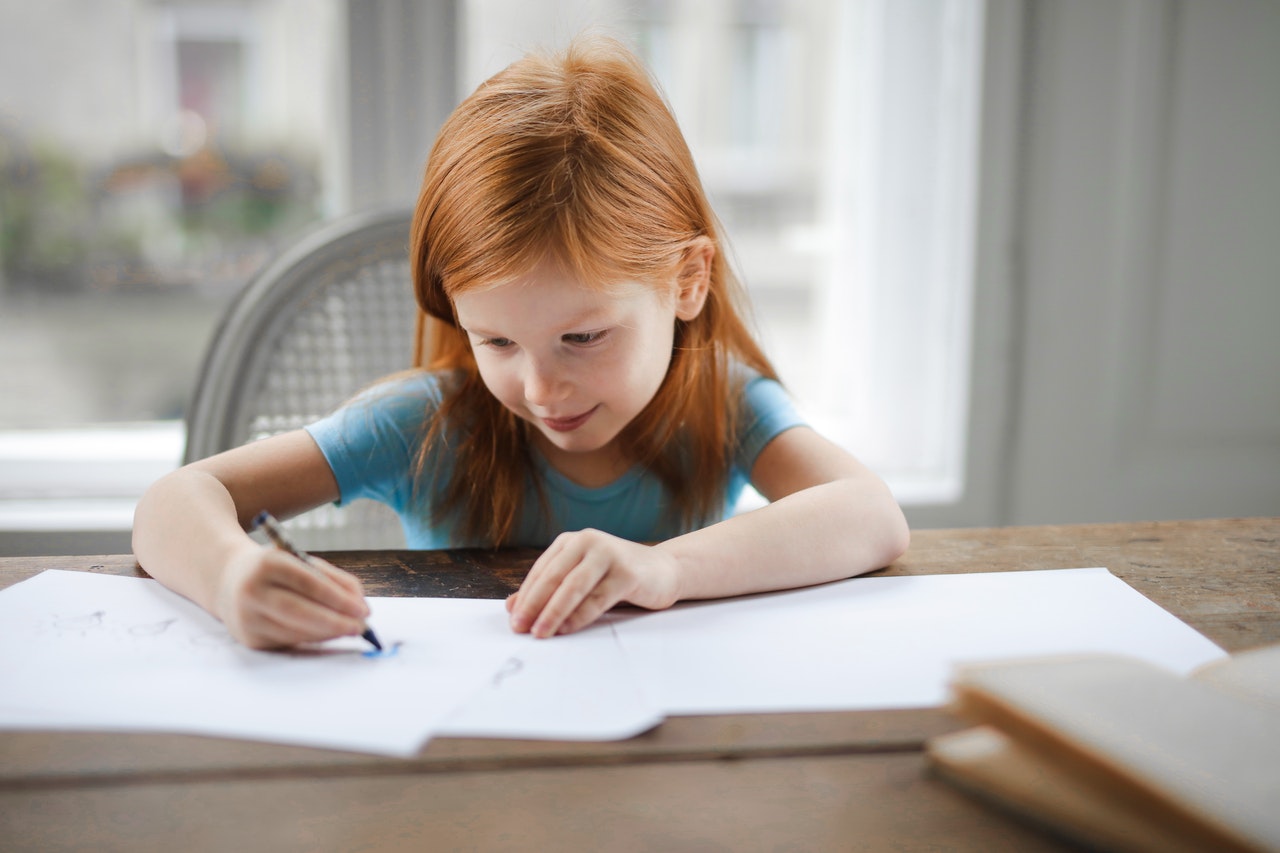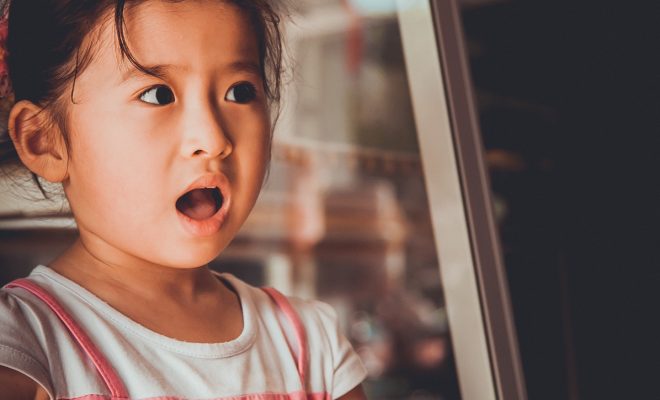What Your Child Should Learn in Kindergarten
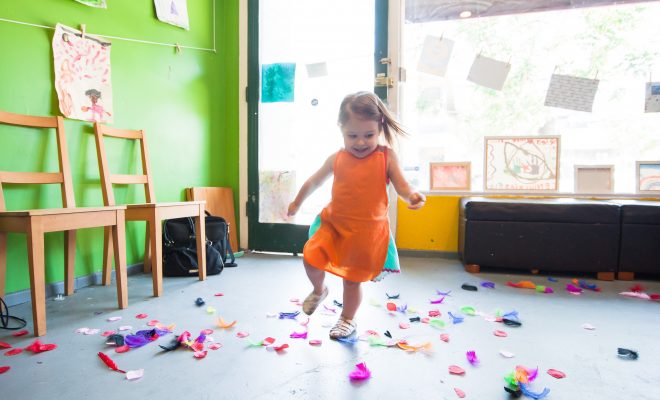
The first year your child spends in school is a time of great exploration. Learning is often disguised as playtime, which allows your child to experience the fun of being in a classroom. Parents sometimes wonder exactly what things a child should know by the time they leave kindergarten.
When parents know what their children should be learning, they can provide better support to teachers and their students. If you want to know what your child should study and know by the end of kindergarten, this easy list is for you. Check out these key concepts all kindergarteners should be learning.
Reading
Your child may have already had an early start on learning their alphabet. Educational television shows like Sesame Street often allow kids to enter kindergarten with some foundational skills. Regardless of what they knew upon entering kindergarten, your child should further their phonics knowledge this year.
Children should be able to recognize upper and lowercase versions of all letters and identify what sound they make. Parents can help to reinforce these basic concepts at home through fun projects and asking children to identify letters around the house.
By the end of the year, they should also be able to recognize many high-frequency sight words. Common sight words that a child learns in kindergarten include and, the, and in.
Math
Counting is the primary math skill taught in kindergarten. Children will use objects around the classroom to begin visualizing what it means to count. They may use cubes, candy, paper clips, or any other materials to count to one hundred by ones and tens. Advanced students may even begin to learn the basics of addition and subtraction.
Some teachers also introduce the concept of time in kindergarten. They won’t necessarily teach your child how to read an analog clock, but they do help them to understand how time works. Clocks and calendars are common classroom objects.
Science
Your kindergartner may not be ready to dive into a science experiment just yet. Instead, a science class tends to focus on giving children space ask questions. They learn about their senses, the weather, and their bodies. Kindergarten science allows children to explore the world around them to a greater degree, with very little specific focus.
Social Studies
In social studies, your child isn’t going to be learning much about history. Teachers are likely to focus on helping your child interact with others, including memorizing important personal information. As your child’s grasp of personal concepts expands, they take a look at important community members. They will learn about common professions including firefighters, police officers, and doctors.
Children also start to learn about rules and the importance of following them. This may prompt many statements about what is “fair” when playing with their classmates. These social interactions are a key component to a successful kindergarten year.
Kindergarten is an essential time to help children learn and understand the basics of the world around them. They will start to read, count, ask questions, and even understand their communities better.
Parents can enjoy this time of rapid growth and learning by becoming involved in their child’s studies. Focus on making learning fun this year instead of drilling children on math facts. Take the time to encourage your child to learn and explore their interests even deeper. Simple actions like these can help to set them up for future academic success.

